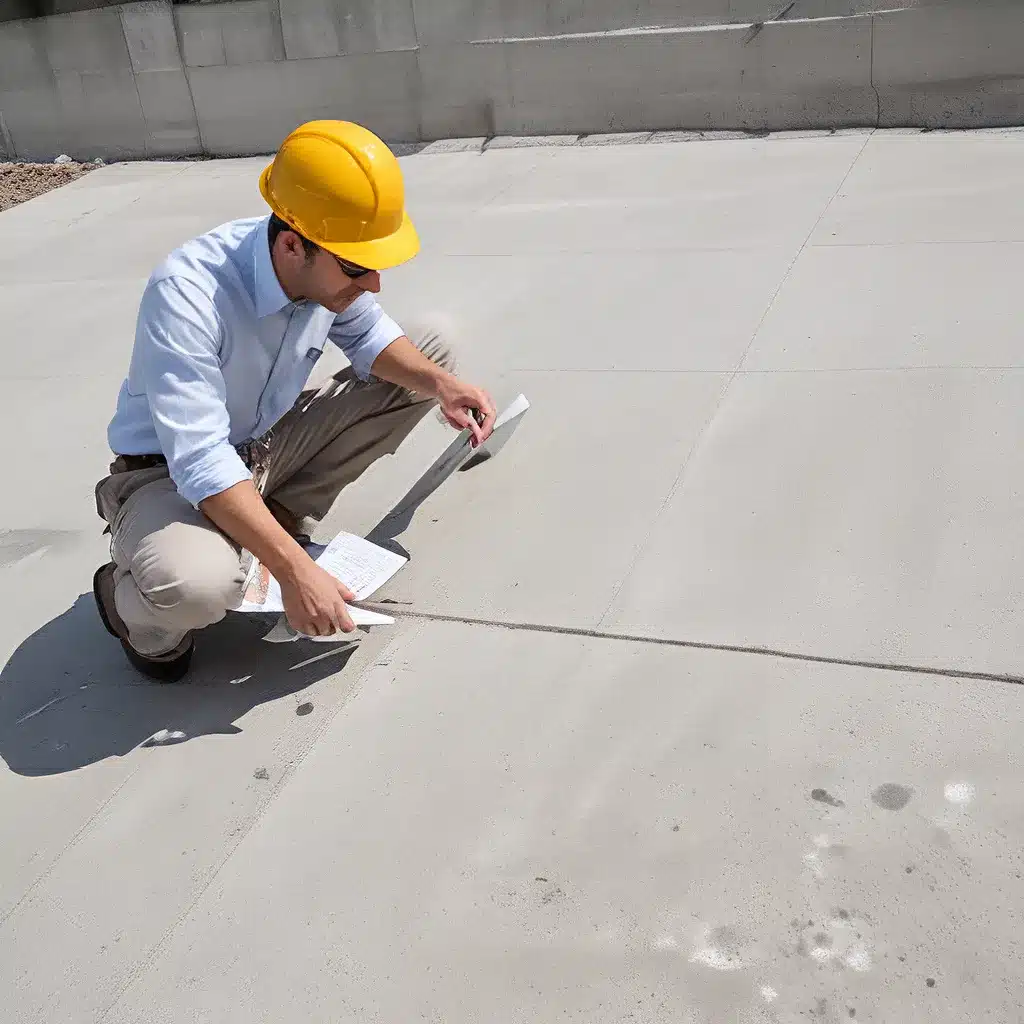
Concrete is a foundational element in the world of construction, from residential driveways to commercial high-rises. As a crucial material, it’s essential to understand the intricacies of concrete installation, repair, and maintenance to ensure successful projects. In the ever-evolving landscape of the construction industry, one of the most critical challenges that concrete contractors face is the conundrum of project estimating.
Unpacking the Challenges of Accurate Estimating
Accurate project estimating is the cornerstone of any successful concrete contracting business. It allows contractors to provide reliable cost projections, manage client expectations, and ensure the profitability of their operations. However, this process is fraught with complexities that can often lead to inaccurate estimates and unforeseen challenges.
Concrete Contractor Kansas City has observed that one of the primary issues in project estimating is the lack of comprehensive understanding of the QA (Quality Assurance) process. Many concrete contractors focus solely on the development and installation aspects, overlooking the crucial role of quality assurance in the overall project lifecycle.
Defining Quality Assurance in Concrete Projects
Quality assurance in concrete projects encompasses a wide range of activities, from material testing and workmanship inspections to adherence to industry standards and best practices. Failing to account for these QA-related tasks can result in underestimating the time, labor, and resources required for a project, leading to budget overruns and delays.
Moreover, the diverse nature of concrete projects adds another layer of complexity to the estimating process. Each project may have unique requirements, such as specialized finishes, specific site conditions, or custom design elements. Accurately accounting for these variables requires a deep understanding of the local market, industry trends, and the contractor’s own capabilities.
The Impact of Overlooked Factors
One common oversight in project estimating is the failure to consider the full scope of testing and inspections required by local building codes and industry regulations. Neglecting to factor in the time and resources needed for activities such as concrete curing tests, compressive strength evaluations, and structural inspections can result in significant underestimations.
Another often-overlooked factor is the impact of weather conditions on concrete installation and curing. Extreme temperatures, precipitation, and other environmental factors can significantly affect the timeline and cost of a project, requiring careful planning and contingency measures.
Strategies for Accurate Concrete Project Estimating
To navigate the complexities of concrete project estimating, Concrete Contractor Kansas City recommends a comprehensive and disciplined approach. By incorporating the following strategies, contractors can improve the accuracy of their estimates and better manage client expectations.
Comprehensive Project Scoping
Thorough project scoping is the foundation of accurate estimating. This involves a detailed assessment of the project requirements, including material specifications, design elements, site conditions, and regulatory compliance. By leaving no stone unturned, contractors can develop a comprehensive understanding of the project’s scope and the resources required to complete it successfully.
Robust QA Integration
Integrating quality assurance into the estimating process is crucial. Contractors should clearly define the QA activities, such as material testing, workmanship inspections, and compliance checks, and accurately account for the associated time and labor costs. This holistic approach ensures that the estimate fully reflects the investments required to deliver a high-quality finished product.
Data-Driven Forecasting
Leveraging historical data and industry benchmarks can greatly improve the accuracy of concrete project estimates. Contractors should maintain detailed records of past projects, including actual costs, timeline deviations, and lessons learned. This data can then be used to develop more realistic projections and anticipate potential challenges that may arise.
Collaborative Approach
Effective collaboration with clients, architects, and subcontractors can enhance the estimating process. By engaging with all stakeholders, contractors can gain a deeper understanding of the project’s nuances, identify potential risks, and incorporate valuable insights into the estimation. This collaborative approach fosters transparency and builds trust with clients, ultimately leading to more successful project outcomes.
Contingency Planning
Unexpected events and unforeseen circumstances are inherent in the construction industry. Savvy concrete contractors should incorporate appropriate contingency measures into their estimates, such as buffer periods for weather delays, additional resources for quality control, and provisions for material price fluctuations. This proactive approach helps mitigate the impact of unforeseen challenges and ensures the project’s financial viability.
Embracing Technology for Estimating Excellence
In the digital age, technology has become an invaluable tool for concrete contractors seeking to enhance their project estimating capabilities. From automated cost calculation software to BIM (Building Information Modeling) integration, various technological solutions can streamline the estimating process and improve its accuracy.
Automated cost calculation software can leverage historical data, material pricing, and labor rates to generate detailed cost projections with greater precision. BIM integration, on the other hand, enables contractors to visualize the project’s design and construction elements, allowing for more accurate estimations of material quantities, labor requirements, and potential challenges.
By embracing these technological advancements, concrete contractors can reduce the risk of human error, streamline the estimating workflow, and provide their clients with reliable and transparent cost projections.
Conclusion: Mastering the Concrete Conundrum
Navigating the complexities of concrete project estimating is a critical challenge faced by contractors in the industry. By adopting a comprehensive approach that integrates quality assurance, leverages data-driven forecasting, and embraces technological solutions, Concrete Contractor Kansas City has empowered its clients to make informed decisions and achieve successful project outcomes.
Through meticulous planning, effective collaboration, and a dedication to continuous improvement, concrete contractors can transform the “concrete conundrum” into a strategic advantage, delivering exceptional value to their clients and strengthening their position in the highly competitive Kansas City market.

